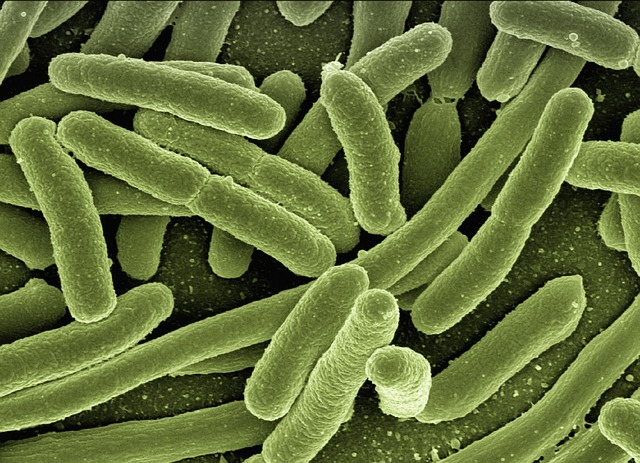Understanding Hormonal Balance and Its Importance
Hormonal balance is a cornerstone of overall health and well-being. When your hormones are in harmony, you experience better mood stability, improved energy levels, and enhanced physical performance. However, in today’s fast-paced world, stress, poor diet, and sedentary lifestyles can disrupt this delicate balance, leading to a host of health issues like fatigue, weight gain, and mood swings.
How Exercise Influences Your Hormones
Exercise isn’t just about building muscle or losing weight — it’s a powerful tool for regulating hormones. Physical activity stimulates the release of endorphins, often called “feel-good” hormones, which can reduce stress and boost mood. Additionally, regular exercise helps manage insulin levels, supports thyroid function, and balances cortisol, the body’s primary stress hormone.
Types of Exercise to Promote Hormonal Balance
- Cardiovascular Exercise: Activities like running, cycling, or swimming increase heart rate and promote the release of endorphins and serotonin, elevating mood and reducing anxiety.
- Strength Training: Boosts testosterone and growth hormone levels, which are crucial for muscle development, metabolism, and overall vitality.
- Yoga and Pilates: These mind-body practices help lower cortisol levels, encouraging relaxation and emotional balance.
- High-Intensity Interval Training (HIIT): Efficiently improves insulin sensitivity and promotes the secretion of hormones that aid fat loss and muscle gain.
Creating a Sustainable Exercise Routine
Consistency is key to unlocking hormonal balance through exercise. Aim for at least 150 minutes of moderate-intensity exercise per week, incorporating a mix of cardio, strength, and flexibility training. Listen to your body and allow for rest days to prevent overtraining, which can actually disrupt hormonal harmony.
Additional Tips for Supporting Hormonal Health
- Nutrition: Fuel your body with whole, nutrient-dense foods rich in healthy fats, fiber, and antioxidants to support hormone production.
- Sleep: Prioritize quality sleep, as it’s essential for hormone regulation and recovery.
- Stress Management: Incorporate relaxation techniques such as meditation or deep breathing to keep cortisol levels in check.
By embracing exercise as a fundamental part of your lifestyle, you’re not only sculpting a healthier body but also nurturing your hormonal balance for lasting vitality and resilience. Remember, the journey to optimal health is a holistic one—honoring your mind, body, and hormones together.




